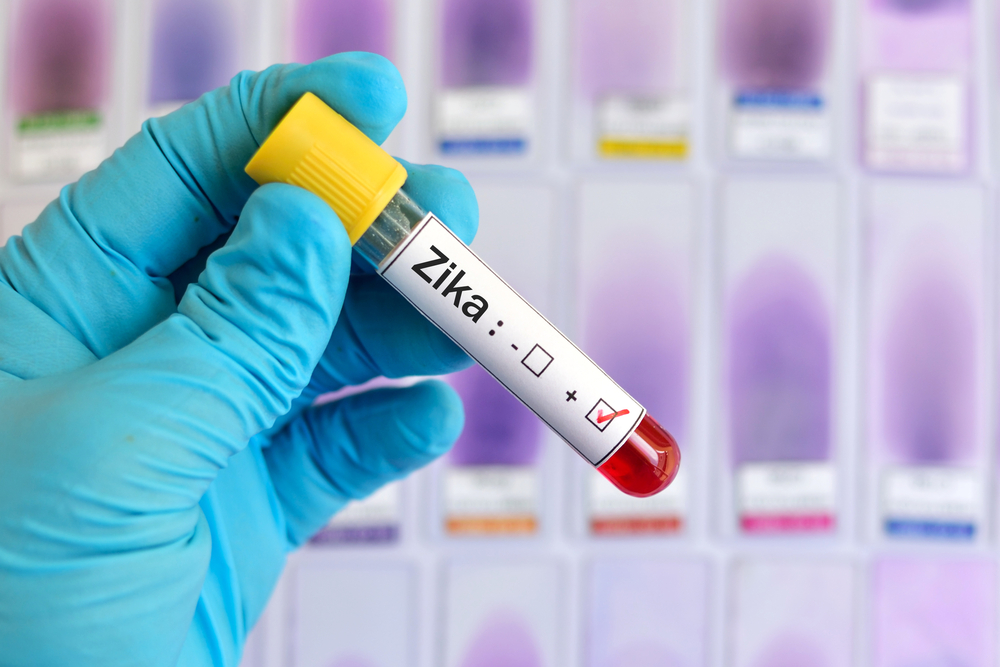Clinical trials are vital for the progression of medical science, and for improving the wellbeing of humanity, and right now that is especially clear as researchers fight against Zika.
The FDA recently approved the first human clinical trial for a Zika virus vaccine. Called GLS-5700, the vaccine will be given to 40 healthy people in a controlled environment, to test its safety and efficacy. It is being made by drug developer Inovio Pharmaceuticals Inc and its partner GeneOne Life Sciences Inc.
A Long and Complicated Process
Researchers across the globe have put incredible amounts of resources into the vaccine already, before human trials began. GLS-5700 was already in development for nine months before human trials were considered. This is the case for many new medications. The vaccine has already been tested on various kinds of animals.
A vaccine works by introducing the body to small fragments of the viral material, so that the body learns to initiate the immune system’s antibodies to fight the virus when exposed.
Will it work? This is the question everybody wants answered. The clinical trial must have time to collect data before the questioned can be answered, however. It may be that the vaccine isn’t deemed safe for general use, or that it doesn’t prove effective. Additional trials will be conducted if the current trial goes well.
Other groups are developing different vaccines. The National Institute of Allergy and Infectious Diseases (NIAID) is seeking approval from the FDA for their own vaccine. Research from the University of Texas may have identified a particular protein that will be important for further research. Another drug company in France is working its own vaccine, as is a company in India.
The monumental, global efforts to produce a Zika virus vaccine show how difficult it is to develop a new medication, and how important the clinical trial process is.








Leave A Comment